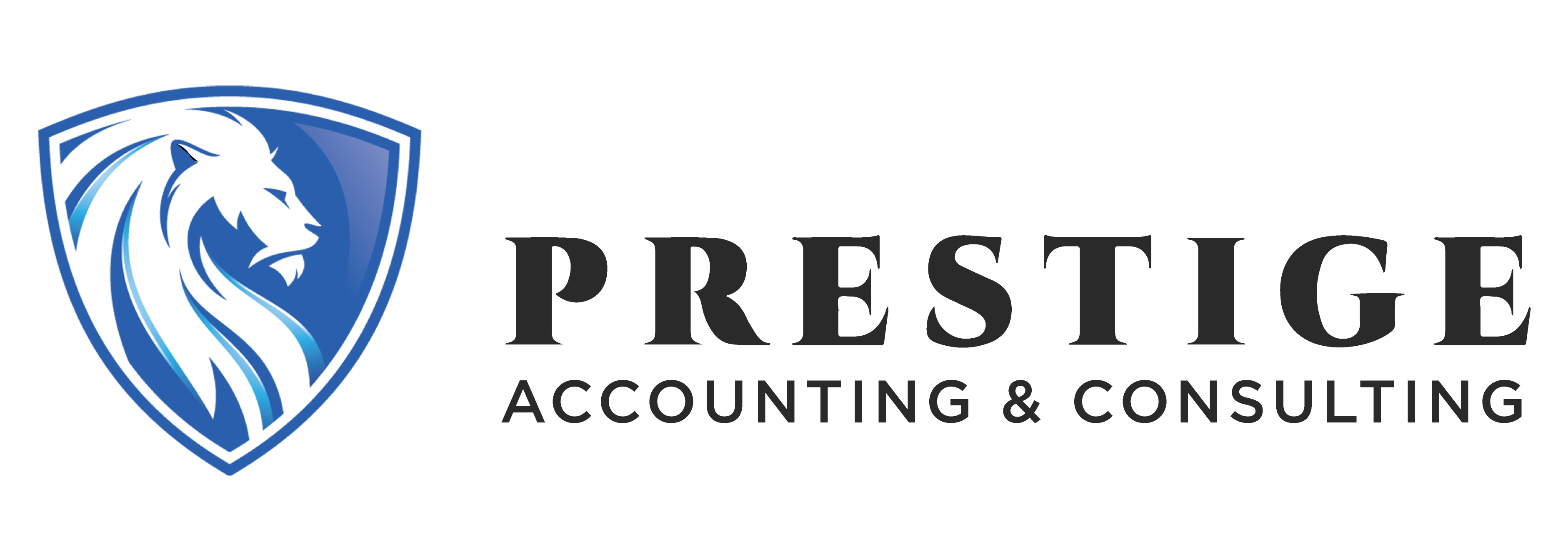How A Business Loan Can Help You Expand Your Firm
April 11, 2022The Benefits Of Working With A CPA
April 26, 2022Sales can be a demanding profession, whether working in a law firm or any other type of business. It’s essential to build relationships with potential clients and understand their needs. But it’s also critical to close a sale and get the client to sign on the dotted line. That’s why salespeople need to be both persistent and personable. They must find the right balance between being pushy and too laid back. If they can do that, they’ll be successful in sales. In addition, having consistent sales is pertinent in obtaining funding to grow your firm. According to a recent study, the average law firm’s financial health loses 20% of its clients annually. While there are many reasons why clients might choose to take their business elsewhere, one of the most common is a lack of communication.
When clients feel like they’re being kept in the dark, they’re more likely to look for a law firm to keep them informed and involved in the process. That’s why effective communication is essential for retaining clients. Law firms can foster trust and mutual respect by staying in touch with clients and keeping them up to date on the status of their cases. As a result, clients feel valued and respected. As a result, they’re likelier to stick with a law firm for the long haul.
Keep Your Law Firm’s Financial Health Thriving
The Net Promoter Score, or NPS, is a tool law firms can use to measure customer satisfaction. It works by asking customers how likely they are to recommend a law firm to a friend or colleague. Law firms can identify promoters, detractors, and passives based on the responses. Promoters are customers who are highly likely to recommend a law firm. In contrast, detractors are those who are unlikely to do so. Passives are customers who neither promote nor detract from a law firm. The goal of the NPS is to help law firms identify areas where they can improve customer satisfaction and build loyalty. By understanding the needs of their promoters, law firms can create an experience that will keep customers coming back.
As a law firm, one of the most important things you can do is manage your gross margin. This difference between your revenue and direct costs directly impacts your bottom line. There are several ways to maximize your gross margin. First, it’s essential to tailor your approach to fit your specific business. However, some general tips include reducing overhead costs, increasing prices, and improving efficiency. By taking a proactive approach to gross margin management, you can ensure that your law firm is as successful as possible.
What is a debt-to-equity ratio?
A debt-to-equity ratio is a tool financial analysts use to evaluate a law firm’s financial health. The balance is calculated by dividing the law firm’s total liabilities by its total equity. A high debt-to-equity ratio indicates that the law firm is heavily leveraged, which can make it more vulnerable to economic downturns. However, a low debt-to-equity ratio indicates that the law firm has a solid financial foundation and is less likely to be impacted by economic fluctuations. Analysts will also consider the industry average and the law firm’s historical ratios when evaluating a law firm’s debt-to-equity ratio.
The current ratio is a crucial metric for any law firm. This ratio measures the firm’s ability to meet its short-term obligations. A healthy current ratio is usually around 1.5. That means that for every $1 of short-term debt, the law firm should have $1.50 in cash or other assets that can readily convert to cash. Of course, the current ratio can be affected by several factors, including the timing of billings and collections, the mix of long-term and short-term clients, and seasonal variations in the workflow. But regardless of the reason, a law firm with a healthy current ratio is in a better position to weather any financial storms that come its way.



